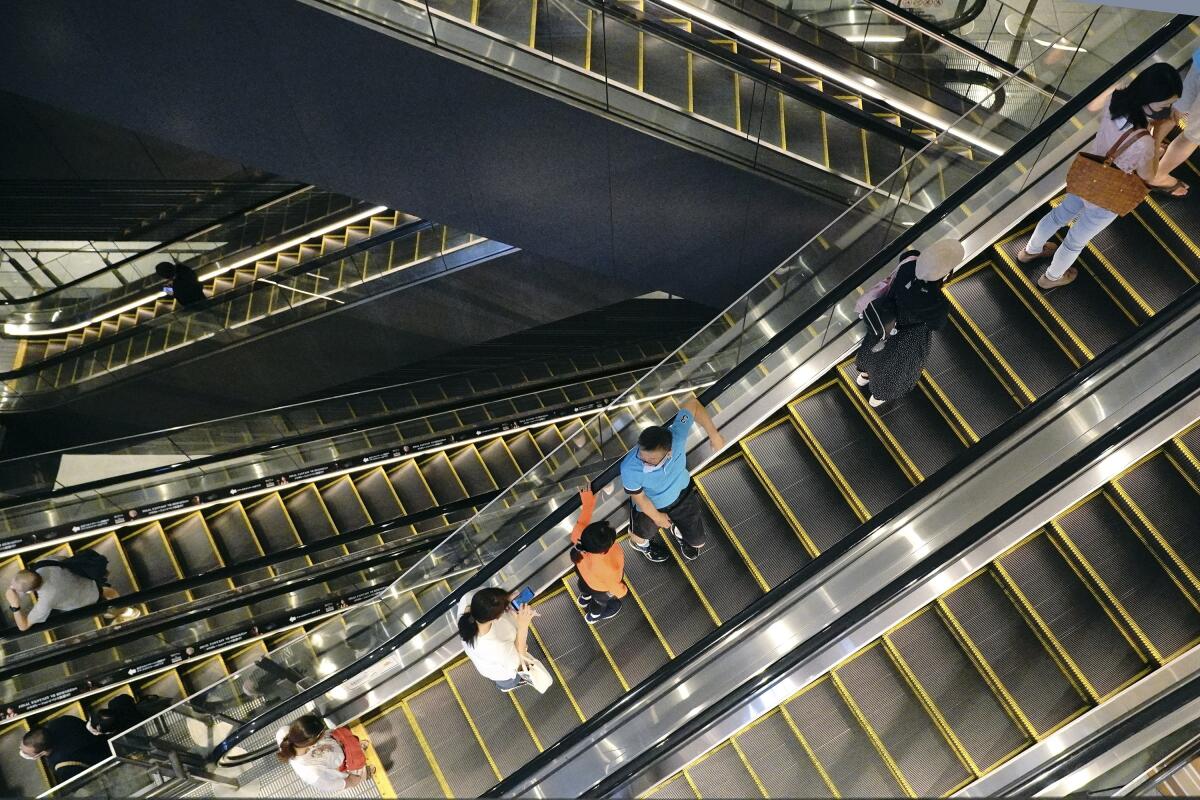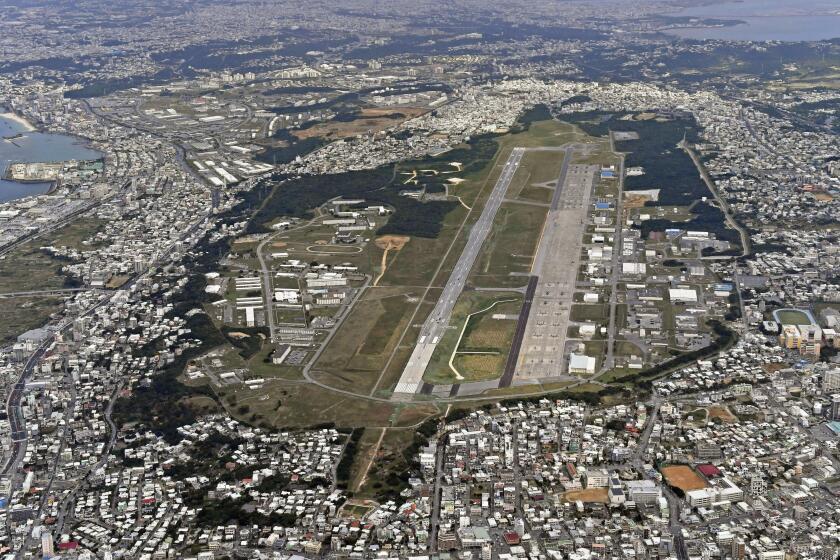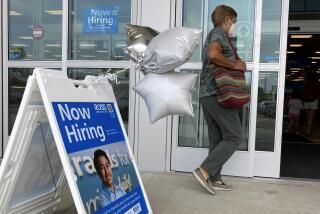Japanese economy shrank a record 28% in 2nd quarter, due to coronavirus

The Japanese economy shrank a record 28.1% in the April-to-June quarter — more than initially feared — because of the coronavirus.
The Cabinet Office said Tuesday that Japan’s seasonally adjusted real gross domestic product contracted at an annualized rate of 28.1%, worse than the initial 27.8% figure given last month.
The COVID-19 pandemic, which has people staying home, restaurants and stores empty or closing, and travel and tourism nose-diving, has hurt all the world’s economies and many companies. It has particularly slammed Japan’s export-reliant economy, and forced the postponement of the 2020 Tokyo Olympics.
Restoring growth will be a priority as the country prepares to choose a new leader to replace outgoing Prime Minister Shinzo Abe, who is resigning for health reasons. A vote among members of the governing party is expected next week.
Other data released Tuesday showed cash earnings improving somewhat, and consumer spending and other business activity is expected to rebound following the sharp drops brought on by the country’s efforts to wrestle the coronavirus crisis under control.
“However, high-frequency data show that growth is struggling to gain pace, suggesting a very gradual and protracted recovery after the initial bounce. The near-term outlook therefore remains challenging,” Oxford Economics said in a commentary.
Officials on the southern Japanese island of Okinawa say dozens of U.S. Marines have been infected with the coronavirus at two bases on the island.
Quarter-on-quarter, the economy contracted 7.9%, according to the revised figures, a slight change from the 7.8% in the preliminary data.
The Cabinet Office said the government began keeping comparable records in 1980. The previous worst contraction, a 17.8% drop, was in the first quarter of 2009 during the global financial crisis. Going by anecdotal evidence, the latest drop is considered the worst since World War II.
Japan had already slipped into recession in the first quarter of this year, contracting by an annualized 2.3%. It shrank 7% in the final quarter of last year. Recession is generally defined as two consecutive quarters of contraction. Growth was flat in July-to-September of last year.
Domestic demand contracted even more in this year’s second quarter compared with last year’s, as private investment fell. Public demand, driven by government spending, also fared worse than previously thought.
Abe has focused his economic policies on keeping the economy going through super-easy lending and deregulation. The approach relied mostly on monetary easing by the central bank and helped to end years of deflation, but it never attained the sustained growth rates Abe had targeted.
All of the candidates to replace him are expected to keep most of those policies in place.
More to Read
Inside the business of entertainment
The Wide Shot brings you news, analysis and insights on everything from streaming wars to production — and what it all means for the future.
You may occasionally receive promotional content from the Los Angeles Times.











